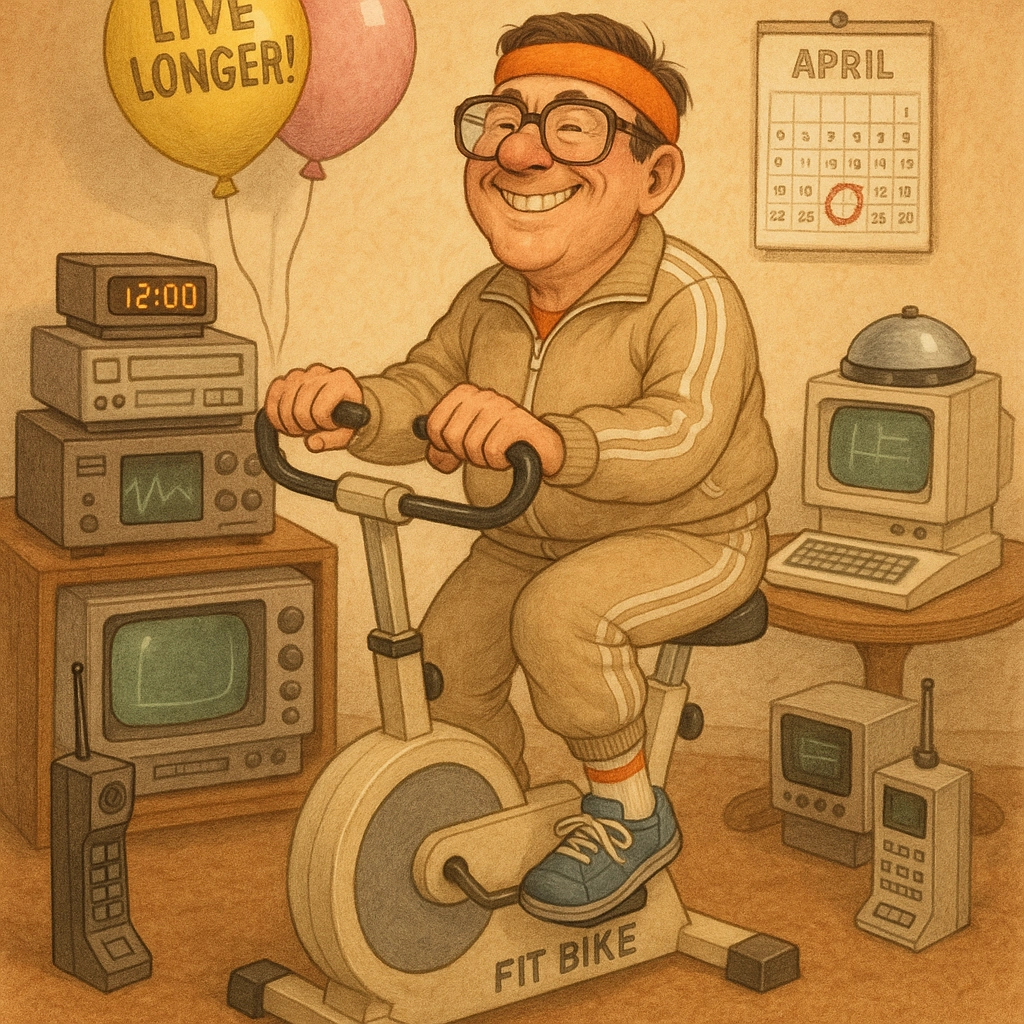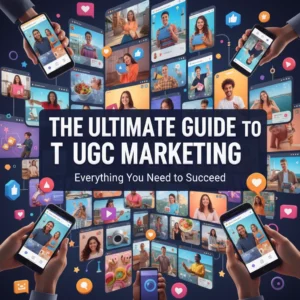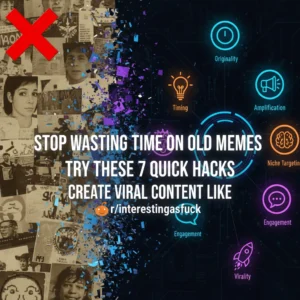What if you could blow out 1,000 birthday candles? It sounds bananas, but some of tech’s biggest brains are saying “practical immortality” could be just a few decades away. So—serious question—is living way past 100 fantasy, or are we actually closing in on the age of agelessness? Let’s break down why 2050 has become the new finish line in humanity’s race against time.
Who Says We’ll Be Immortal by 2050 (And How)?
More than a few scientists and futurists have thrown down bold predictions—some even have specific years circled on their calendars. UK futurologist Dr. Ian Pearson claims technologies like brain uploading and digital immortality might be ready for the rich by around 2045, and more widespread shortly after. Inventor Ray Kurzweil, who’s known for his uncannily accurate predictions, says within the next two decades we’ll hit “longevity escape velocity”—an era where each year, medical innovation adds more than a year to your life. Aubrey de Grey, the not-so-subtle biologist, says aging could be “cured” like a disease by 2050.
How are they picturing this?
- Supercharged gene-editing that cuts out the bits of DNA that make us age.
- Nanobots patrolling our bodies fixing cells and scrubbing away toxins.
- Uploaded consciousness—think of your brain as software, ready to be installed in a robot or a digital universe.
It all sounds very Black Mirror, right? But a lot of this isn’t as sci-fi as it once was.
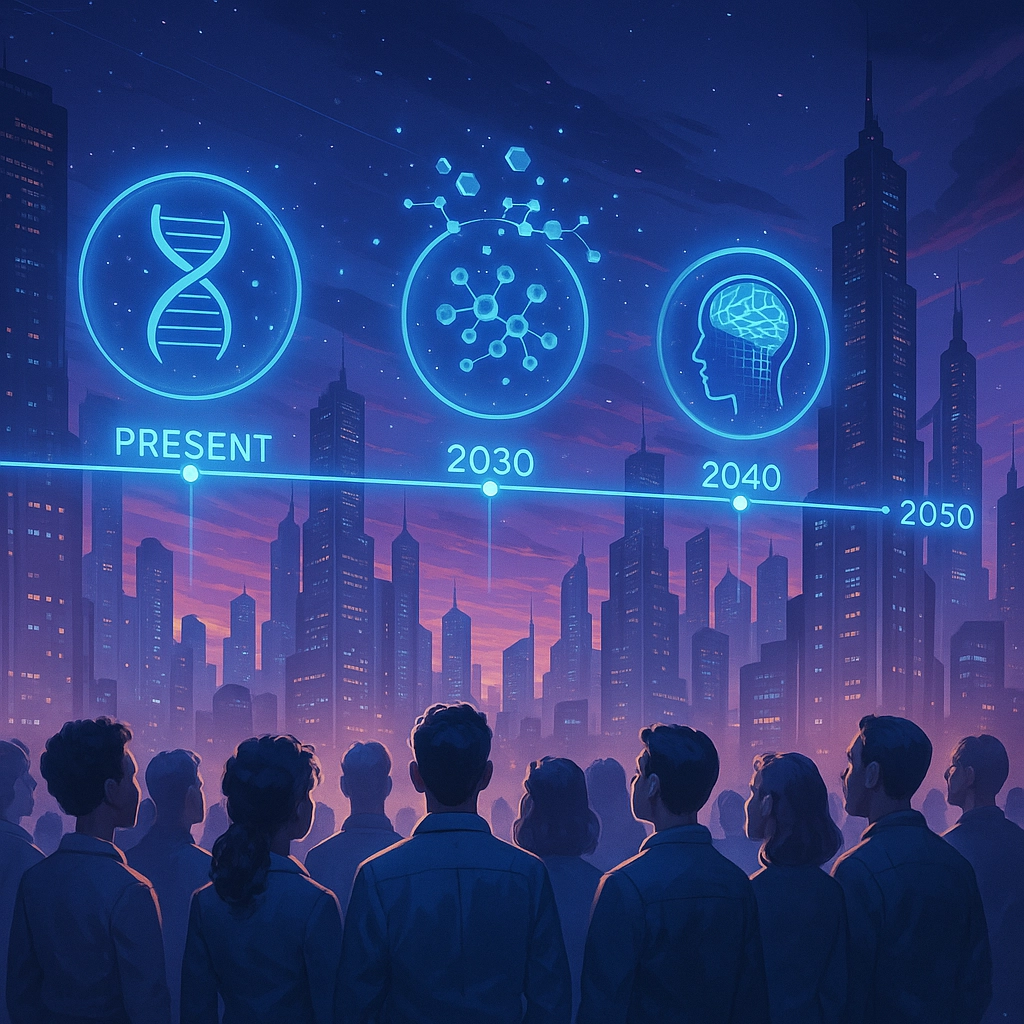
The Science Behind the Claims (What’s Actually in the Works)
These aren’t just wild guesses. Here’s the tech these immortality advocates are betting on:
- Genetic Engineering: CRISPR and next-gen gene therapy could correct the glitches in our DNA that make us vulnerable to cancer, Alzheimer's, or heart disease. Some labs have already shown they can reverse aging symptoms in animals.
- Nanotechnology: We’re not quite at tiny, disease-killing robots yet—but MIT and other institutes have built early prototypes. Give it 25 years, and the vision is billions of nanobots working nonstop inside our bloodstream.
- Digital Immortality: Storing a full map of your brain, thoughts, and personality in the cloud? Several Silicon Valley startups are betting big on this, with research underway that combines brain-computer interfaces, neural mapping, and machine learning to one day “upload” your consciousness.
- Regenerative Medicine: Scientists are experimenting with young blood transfusions and proteins like GDF11 to literally rejuvenate older mice. Human trials are starting, aiming for real-world age reversal.
The idea isn’t to chew vitamins and hope for the best—these folks imagine a toolkit where you could download a fix for a failing organ or reboot your mind on new hardware.
Why Most Scientists Are Still Skeptical
Sounds awesome. Also…sounds like a stretch? You’re not alone. Most experts think predictions about 1,000-year lifespans and “mind uploading” are, at best, centuries away (if they're possible at all).
Here’s why skeptics are hesitant:
- Consciousness Isn’t Just Data: Current science barely understands what consciousness is, let alone how to transfer it anywhere.
- Aging is Messy: Aging isn’t caused by just one thing—it’s tangled up with DNA, proteins, metabolism, immune function, and more. Even if we “fix” one aging process, dozens more could still fail.
- Accessible for All?: Let’s say immortality tech works initially—is it just for billionaires? Some predict a new “class divide,” with the rich living for centuries and everyone else…not.
- What if Stuff Goes Sideways?: Even putting aside the Black Mirror vibes, we have no clue about the full risks of tinkering this deeply with biology or brains.
What It Might Look Like: A Day in the Life (Year 2050)
Let’s fast-forward to a possible morning in 2050. Imagine you wake up, age 125, feeling…oddly spry. Your digital health assistant does a quick scan:
“Good morning! No signs of cellular damage detected. Nanobot maintenance complete. You’re approved for that 5K run!”
You FaceTime your great-great-grandkids—on the moon. Later that afternoon, you “meet” friends—living both in biological bodies and digital avatars—in a VR cafe.
Fiction? For now, yes. But more people are seriously planning for this than ever.

The Real Roadblocks: What’s Standing in the Way
Let’s be real about the challenges:
- Technical: Mapping and replicating a working human brain is orders of magnitude harder than building a rocket or a smartphone.
- Ethical: Should we remake humanity? Who controls these technologies? Would the world get dangerously crowded—or could this solve more problems than it creates?
- Economic: Early anti-aging therapies will be expensive. If practical immortality gets here, who gets in line first? History suggests it’ll be the wealthy.
- Societal: How will this change family, work, love, and loss? Would endless life make things boring, or unlock totally new meaning?
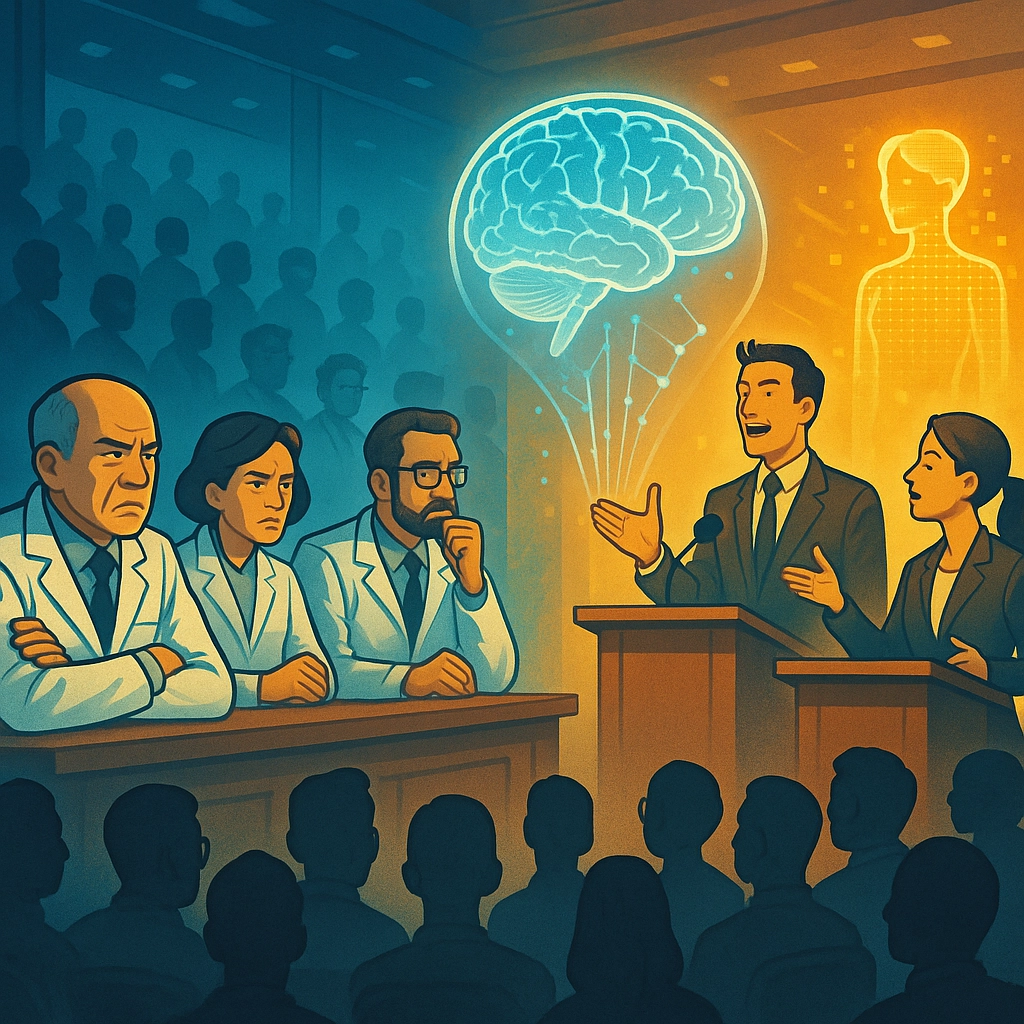
What We Could Actually See by 2050
Even the cautious agree: major breakthroughs in longevity are coming. Here’s what you might realistically expect if you’re hoping to dodge death for a while longer:
- Treatments extending healthy human lifespan by 10–30 years
- Effective prevention or reversal of some age-related diseases
- Improved organ regeneration or bioengineered replacements
- Better brain-machine interfaces—more seamless prosthetics, smarter AI companions
- Early, super-costly versions of “mind backup” for the ultra-wealthy
So, immortality as in “never die”? Probably not. But living active and healthy into your 110s or 120s? Maybe.
Quick Reality Check: What Are Your Odds?
- If you’re under 40 today, you might see the earliest anti-aging therapies and regenerative tech.
- If you’re 80+, today’s breakthroughs could mean more healthy years—but living to 1,000 is a reach.
Want to know how Reddit feels about all this? Many commenters in r/Futurology and r/Science say: “Hopeful but skeptical.”
Flash Back: That Time My Grandpa Bet His Retirement on the Future
When my grandpa bought that “futuristic” exercise bike in the ’80s (music, programmable hills, the works), he swore he’d outlive the rest of us by a decade. Did he hit 100? Nope. But he did finally get knees that didn’t crackle every morning—thanks, partial knee replacement! The point: every generation bets that new tech will change everything. Most times, it changes…something, and that’s still progress.

Immortality: Pipe Dream, or Just Around the Corner?
Here’s the big question: What would you do if you had another 200 years?
Are you excited, nervous, or skeptical about a world where “practical immortality” could be on the table in your lifetime? Would you try the first mind uploads or wait for version 2.0? Drop your wildest predictions—and what you’d do with your extra centuries—below!
